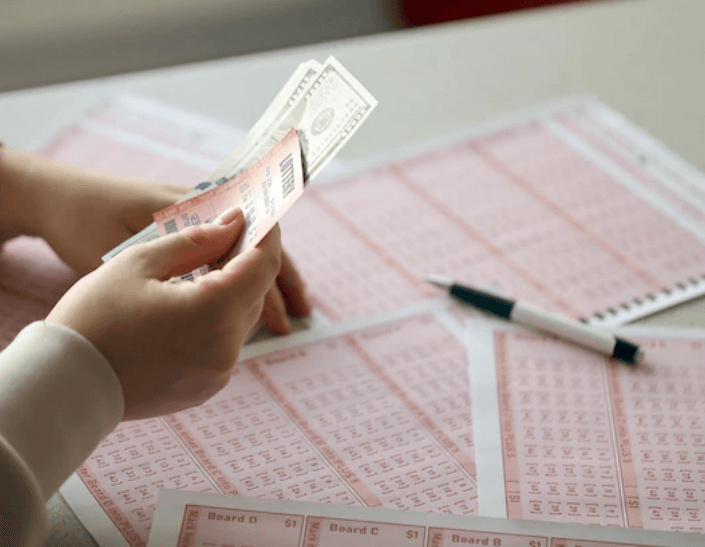Lottery in Belgium: BAGO calls for increase to minimum age

The gambling industry association wants lottery gambling to be brought in line with other verticals.
Belgium.- As of this month, the minimum age for gambling in Belgium has been raised from 18 to 21 for all verticals other than the national lottery. That vertical was left out of the royal decree that increased the age limit as the government considered the vertical to be less risky, but the Belgian Association of Gaming Operators (BAGO) is calling for that to change.
The lobby group has proposed that the minimum age for national lottery products be raised to 21 to bring it in line with other gambling verticals. It said that despite a fall in numbers, the figures suggest that there are still a lot of young people playing lottery.
It said in a statement: “We find it illogical that the increase in the minimum age to 21 years does not apply to all National Lottery products and therefore requests equal protection for young people. In addition to control and equal treatment, prevention is an essential part of keeping young people away from gambling.”

A study by the Flemish Expertise Centre for Alcohol and Other Drugs last year suggests that the number of young people gambling in Belgium has fallen over the years. The proportion of under 21s playing lottery and scratch cards fell to a record low of 5.3 per cent and 9.7 per cent in 2022-23. The report also identified a lack of awareness of the legal age for gambling, with only 77.6 per cent of respondents aware that the minimum age to buy a scratch card was 18.
Scratch cards remained the most popular form of gambling among the age group, followed by sports betting at 5.8 per cent. However, that vertical has now been put out of reach for under 21s. In contrast to all other forms of gambling, young women were found to be slightly more likely to buy scratch cards than men, with 9.8 per cent of respondents having bought one.
Report recommends more funding for Belgian gambling regulator
Earlier this month, a report into Belgium’s ban on gambling advertising recommended that the national gambling regulator, Kansspelcommissie, be given more funding to help it enforce new rules and tackle unlicensed gambling sites. Researchers found that many customers were unaware of the advertising ban because gambling sponsorships remain present in sports.
The report identified instances of the ban being flouted by “incidental advertising during sports broadcasts, product placements, and advertising on rights holders’ websites and social media channels”.
It said Kansspelcommissie had failed to act on such infringements, leading researchers to raise concerns about the regulator’s capacities. It also found that enforcement of the ban was inconsistent and that Kansspelcommissie was facing operational challenges as a result of underfunding and understaffing.
The report noted that the regulator’s collection rate for fines was just 21 per cent in 2023. It also found Kansspelcommissie to be slow in how it responds to threats and in activating IP blocks against blacklisted gambling websites operating from non-European jurisdictions, such as Curacao.











